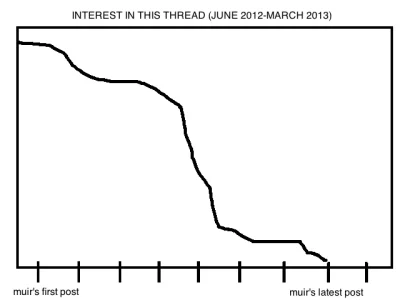muir
Banned
- MBTI
- INFJ
This is capitalism. Not an alternative to capitalism. People raising funds to start businesses is pretty much... capitalism. Like what venture capitalists do but on a much smaller scale.
Yes it is. Not everything i've posted here is outside of the capitalist model
The situation that has occured as a result of the approach called 'neoliberalism' is that the government has deregulated the financial sector, privatised and bolstered protections for big business
What this has seen is a shift away from a form of capitalism that created wealth by producing things towards a form of capitalism where people invested not in new technologies and factories but instead in financial instruments such as derivatives which basically hide toxic assets which are then traded around spreading like a cnacer in the system
For example in my country we have outsourced our manufacturing abroad and instead grew the financial sector which is now 20% of our economy. The problem with this is that the banks don't produce anything, they only charge interest on loans
This model of capitalism is built purely on competition and fails to take into account the other dynamic force in human society which is cooperation. This means that large sections of society are being cut adrift whilst the super rich pursue short term gains in financial instruments. The current system of capitalism as employed in the west needs to strike a better balance between competition and cooperation if it is to function in a better way.
I say in a 'better way' because i still see it as unsustainable, and although i believe that reformism is destined to fail as well i still think it is better than continuing on the raod we are going, which is why i posted alternatives to the current model of capitalism

